Search
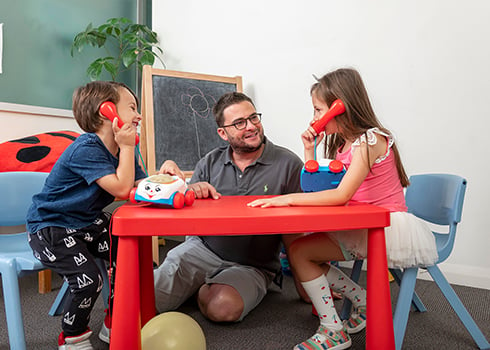
News & Events
Play time!In this blog, Therapy Assistant and JASPER Practitioner Storme-Louisa Will offers some tips for promoting authentic and enjoyable play.

News & Events
Neuroaffirming languageThe language we use shifts over time and the words we use are important. At CliniKids, we are committed to using language that is neuroaffirming and preferred by the autistic community.
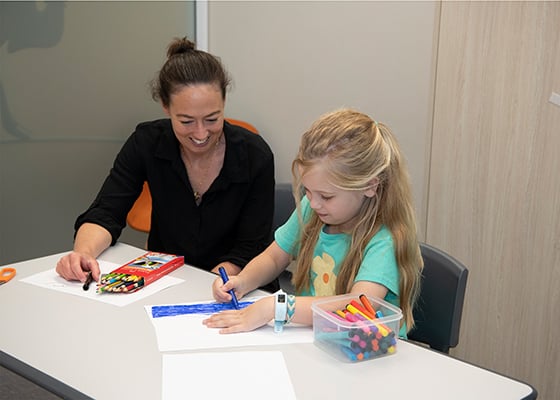
News & Events
School transitionsWe know that school transitions can be difficult for most children, but even more so for autistic children, who may need some extra support.
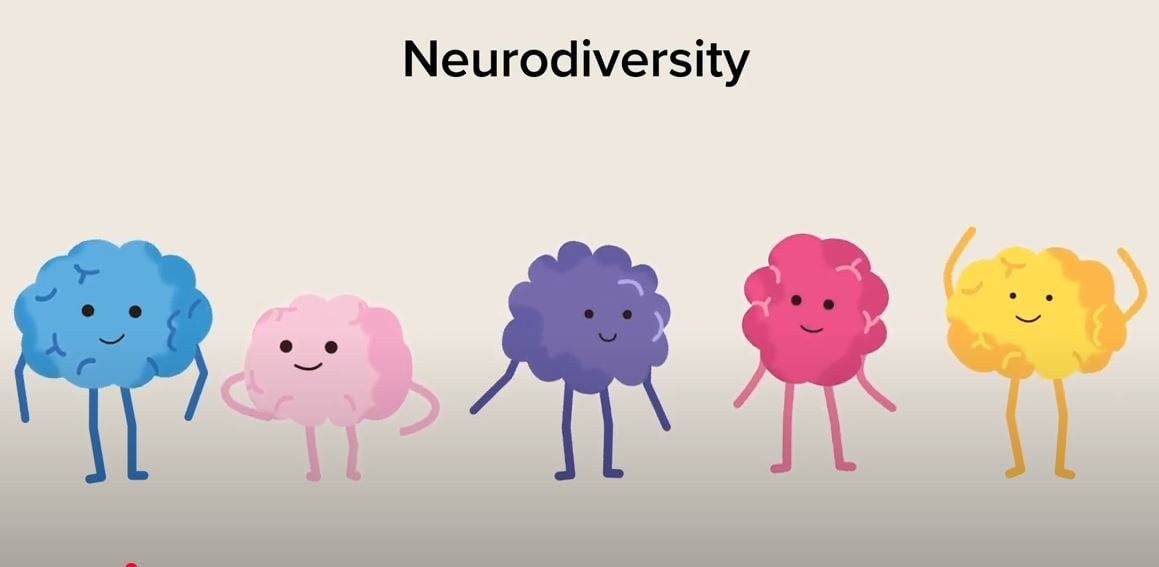
News & Events
Neurodiverse brainsNeurodiversity awareness is about raising understanding that there are many different ways that people think, learn, process and interact with the world.
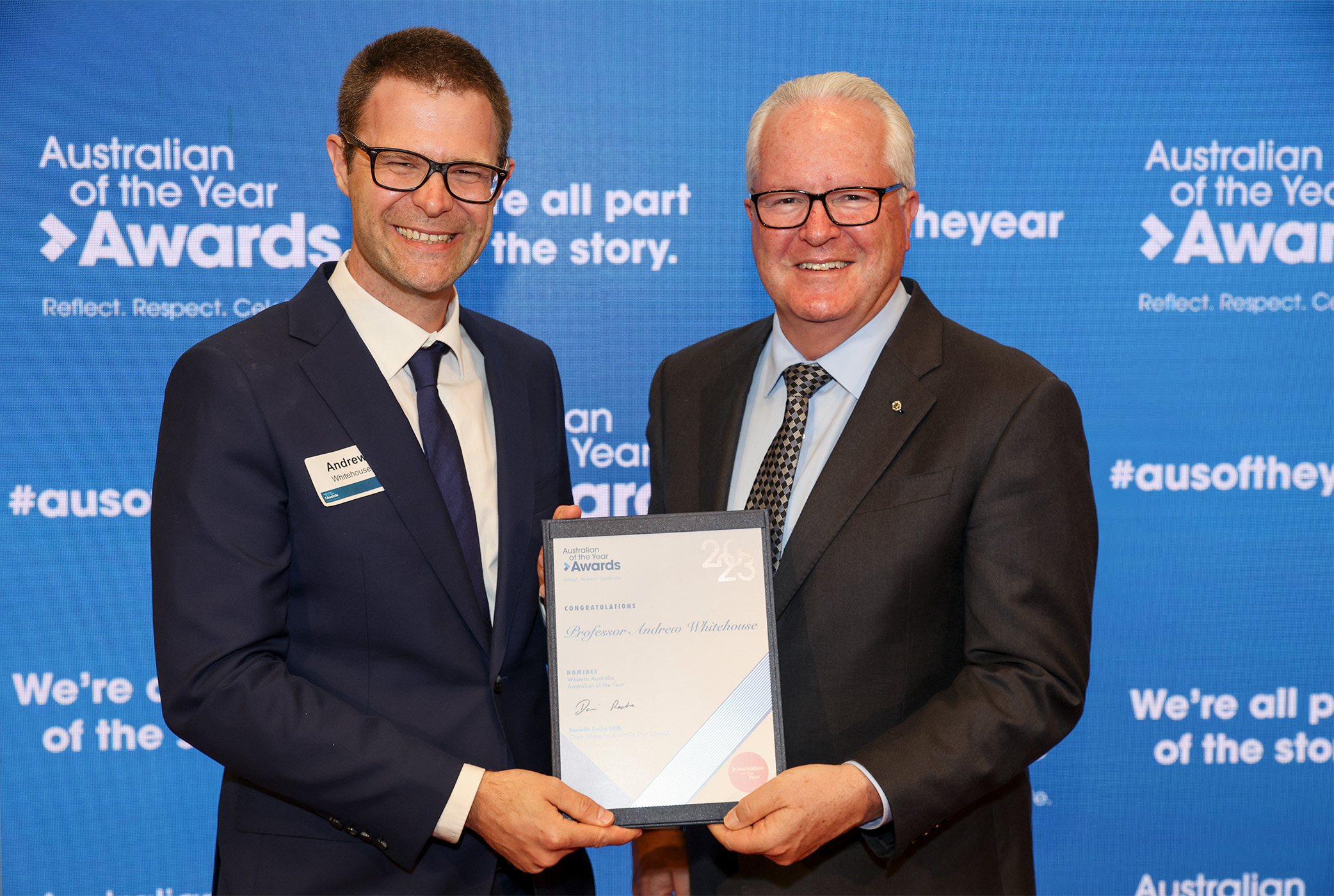
News & Events
Congratulations Andrew!Congratulations to CliniKids Director Professor Andrew Whitehouse on his recent nomination for WA's Australian of the Year Award.

News & Events
New Inklings program for babiesInklings is a new program at CliniKids which supports early social interaction and communication development in babies aged 6-18 months.
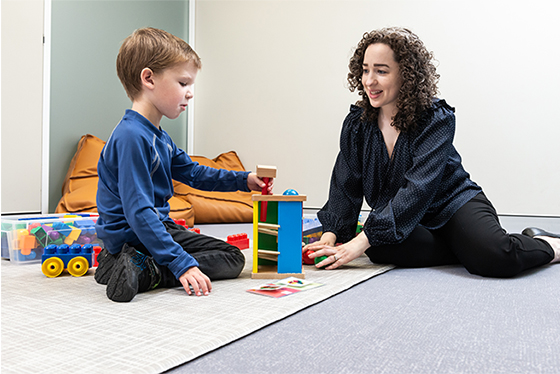
At CliniKids we value all feedback, including compliments, suggestions and complaints.
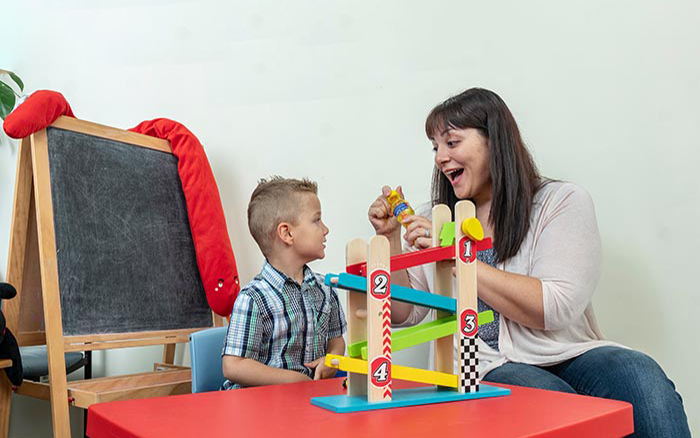
Join us in helping autistic kids live their best lives.
Research
Do parent-reported early indicators predict later developmental language disorder? A Raine Study investigationDevelopmental language disorder (DLD) is one of the most common neurodevelopmental conditions. Due to variable rates of language growth in children under 5 years, the early identification of children with DLD is challenging. Early indicators are often outlined by speech pathology regulatory bodies and other developmental services as evidence to empower caregivers in the early identification of DLD.
Research
Genetic association study of childhood aggression across raters, instruments, and ageChildhood aggressive behavior (AGG) has a substantial heritability of around 50%. Here we present a genome-wide association meta-analysis (GWAMA) of childhood AGG, in which all phenotype measures across childhood ages from multiple assessors were included. We analyzed phenotype assessments for a total of 328 935 observations from 87 485 children aged between 1.5 and 18 years, while accounting for sample overlap.
